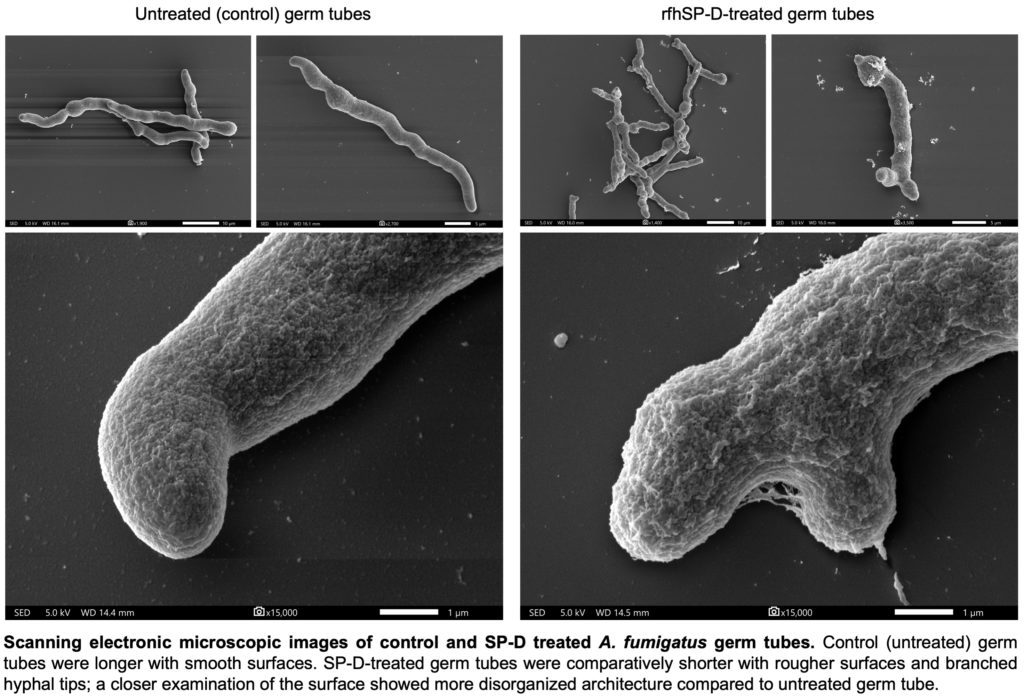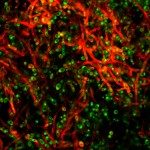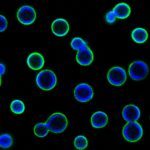In this article published in The Cell Surface in December 2021, the group led by Vishu Kumar Amanandia from the Molecular Mycology team addresses the role of Surfactant protein (SP-D) in the humoral response to Aspergillus fumigatus infection.
Wong et al., show that SP-D ,a C-type lectin and a major humoral immune component in the human lung-alveoli, inhibits Aspergillus fumigatus, an airborne opportunistic fungal pathogen growth in lung alveoli. This fungistatic effect is achieved through a modification of the surface structure of A. fumigatus hyphea thereby inhibiting their growth.
A. fumigatus hyphae grown in presence of SP-D stimulate significantly lower secretions of pro-inflammatory cytokine, but higher anti-inflammatory cytokine and chemokine secretions upon interaction with immune cells, compared to hyphae grown without SP-D.
Of interest, increased permeability of A. fumigatus hyphae upon SP-D treatment leads to a better efficacy of voriconazole, an antifungal drug that has its target in the fungal cytosol.





